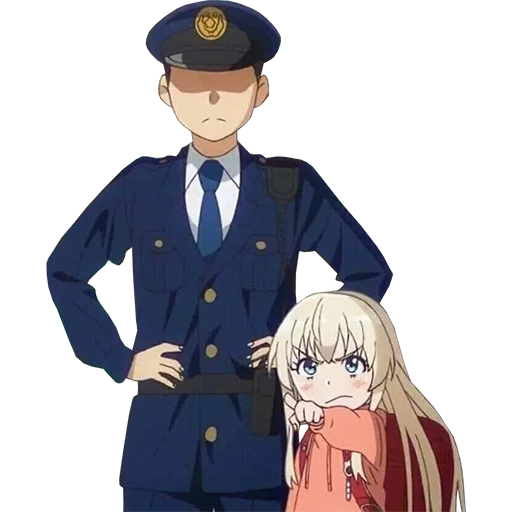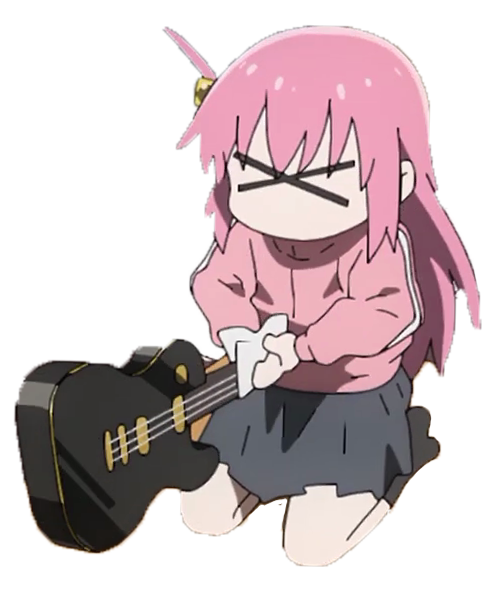Abandoned in the mountains, I was adopted by a lizard ~I mastered magic and surpassed my parents, but I didn't know they were legendary ancient dragons~ - Chapter 13
- Home
- All
- Abandoned in the mountains, I was adopted by a lizard ~I mastered magic and surpassed my parents, but I didn't know they were legendary ancient dragons~
- Chapter 13 - Magic Combat Training – 1
Chapter 13 Magic Combat Training – 1
The day after the entrance ceremony.
Around 10 a.m., I headed to the training grounds on campus for my first class.
I’m attending at this hour because I left the first period open.
My mother always said, “The first period is the root of all evil.” If a student living alone schedules a first-period class, they’ll end up oversleeping repeatedly, eventually accumulating enough tardies and absences to fail the course. This “hopeless awakening”—or “absolute wake-up” as it’s called—should be avoided at all costs. So, she advised against scheduling any classes in the first period.
Of course, there are cases where avoiding the first period isn’t possible due to mandatory courses. But excluding those, I try to schedule my classes from the second period onward. Incidentally, I woke up at 9 a.m. today, so it was a good thing I didn’t have a first-period class.
The class I’m about to take is called “Magical Combat Training.” The content involves pairing up with another student and engaging in mock battles every session.
In such classes, it’s safer and more efficient to pair students with similar combat abilities. Therefore, the first session involves measuring everyone’s current combat capabilities.
The assessment includes defensive abilities and, for some students, offensive abilities. Defensive abilities are measured for everyone, but students who chose the offensive magic test during the entrance exam have already had their offensive magic graded. Only those who chose the creative test will have their offensive capabilities assessed now.
After the bell rang and the teacher gave a brief explanation, the defensive abilities assessment began.
The method is as follows: the teacher will cast a weak spell that the student must defend against. If the student successfully blocks it, the teacher will progressively cast stronger, faster, and quicker-to-cast spells to see if the student can continue to defend.
It seemed that the assessments were conducted in the order of arrival, and since I aimed to arrive just on time, I ended up being the last one.
Watching the other students’ assessments didn’t seem particularly interesting, so I decided to do something productive instead.
I used my storage magic to take out a book titled ” Applied Magical Quantum Theory ” and immersed myself in it while waiting for my turn. I’ve read this book cover to cover multiple times, so I can read through it quite smoothly now.
Come to think of it… there’s a fundamental theorem mentioned at the beginning of this book that states, “Magic essence exhibits both wave and particle properties.” If magic essence behaves as a wave, then theoretically, by hitting the opponent’s magic with essence in the opposite phase, you could completely nullify any spell.
Since this class is about assessing defensive abilities, why not try this theory against the teacher’s attack magic?
Not sure if it will work right off the bat, but it’s worth a shot.
With these thoughts, I waited for my turn.
About 20 minutes later, my turn came.
“Next is… Hadar. Ah, the special scholarship student,” the teacher called out, so I took my position.
“You should have no problem starting with the strongest spell I’ve cast so far during this assessment. It’ll save us time.”
“…What?”
Is this okay? I have no idea what level of spell “the strongest spell so far” refers to since I didn’t watch the previous assessments. What if something ridiculously powerful comes my way?
“Alright, let’s begin!”
While I was still in doubt, the teacher started to mobilize the magic power within his body to cast the spell. There was no room for negotiation.
Since there was no other option, I decided to do what I could for now.
First, I needed to analyze the behavior of the magic essence in the teacher’s spell. With that in mind, I cast a spell called “Magic Essence Phase Analysis.”
Once I gathered the information about the opponent’s magic, all I needed to do was generate magic essence in the opposite phase and collide it with the teacher’s spell. I executed the spell and collided it with the teacher’s magic.
As a result, my magic and the teacher’s magic completely neutralized each other, and no magical phenomenon occurred. At least this confirmed my hypothesis.
“Huh… the magic… fizzled out…? No, stay calm, I must have made a mistake. It’s embarrassing for a teacher to fail at casting a spell, especially in front of a top scholarship student…”
On the other hand, it seemed the teacher perceived the event as his spell misfiring. He started taking deep breaths, trying to calm his own nerves.
No, it wasn’t a misfire on the teacher’s part; it was my defense. I hope this misunderstanding doesn’t lead to an inaccurate evaluation of my performance.
As I was pondering this, the teacher seemed to regain his composure.
“Let’s try this again… another spell!”
Again, the teacher attempted to cast a spell, and I neutralized it in the same way.
“Damn it… why isn’t it working?! One more time!”
“One more time!”
“… one mor…”
The teacher kept thinking the spell misfires were his fault and tried again and again, taking deep breaths each time before casting a new spell. By the fifth attempt, he started to sense something was off.
Finally, the teacher asked as if realizing something.
“Hadar… you didn’t happen to interfere with my spell casting, did you?”
“Um… I’ve been doing that from the start.”
“…What!?”
When I answered, the teacher looked perplexed, his face contorting into an indescribable expression.
“How can you do something like that?!”
After a brief pause, the teacher exclaimed vigorously.
“Interfering with spellcasting is something only wizards considered geniuses manage to master in their later years! And even then, it’s only for large-scale spells that take a long time to cast! I’ve never heard of anyone canceling spells that can be cast almost instantly!”
And somehow, I found myself being credited with a technique I hadn’t actually used. What I had done was cancel out the magic essence itself, not interfere with the spellcasting.
“Actually, I’m just nullifying the magic by colliding it with magic essence in the opposite phase, so it’s really not a big deal…”
“I don’t understand a word you’re saying. But constructing an unknown magic theory from scratch and putting it into practice definitely doesn’t fall under ‘not a big deal.'”
Even so…
When I used it, I realized this method wasn’t very practical.
The reason was simple: in terms of magic consumption, this defensive method was a complete underperformer compared to neutralizing the spell by exploiting the spell’s inherent weaknesses.
To put it simply, nullifying magic by countering its essence is like putting out a blazing fire with water. In contrast, disrupting the spell formation is like pouring water on the kindling, preventing the fire from igniting in the first place. Obviously, the latter method requires significantly less water.
Here, water is a metaphor for magical energy.
Thus, if there’s an option to use a counter-spell against an attack, it’s usually more efficient to go that route.
Of course, there isn’t a counter-spell for every type of magic. For spells that can’t be neutralized through interference, the only way to fully cancel them out would be to use magic essence in the opposite phase. In that sense, the method I used could be seen as more versatile.
However, such spells are only a tiny subset, including a few dark attribute and curse-related spells, so the supposed versatility isn’t as beneficial as it might seem.
The teacher spoke as if “disabling spell formations only works for spells that take time to cast,” but the process of “analyzing the spell and then countering it” is the same for both methods. If I had the time to apply counter-phase magic essence, I could also form a spell to disable the formation in the same time. Hence, this method isn’t particularly superior in terms of speed.
Moreover, this spell isn’t an entirely new magical theory I constructed from scratch. It’s just an application of an ancient magical theory adapted with a simple idea. If modern magic users don’t know about it, it’s likely because it fell out of use for being impractical.
In other words, it’s a redundant reinvention of the wheel. Well, at least it served as a good mental exercise.
While I was thinking about this, the teacher reached a conclusion.
“Well, alright. For now, we’ll mark your defense capability as ‘bottomless.'”
No, that’s not alright. What kind of sloppy assessment is that?

































